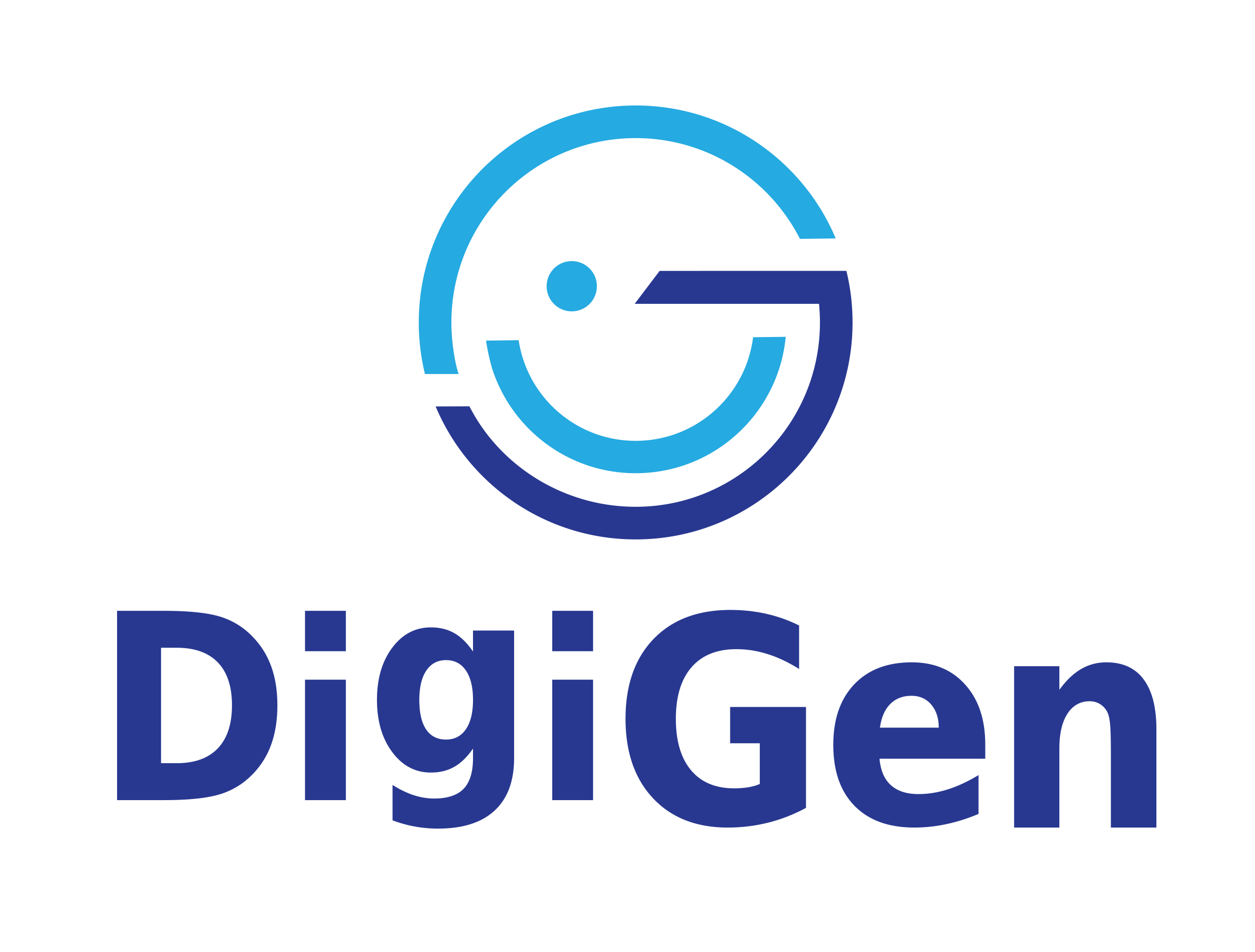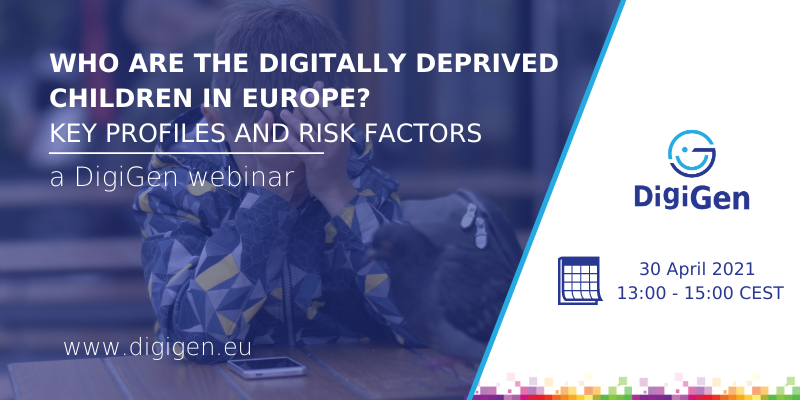The outbreak of the COVID-19 pandemic has completely changed the need for internet connection and for technological devices among the whole population, but particularly so, among children. Having a computer connected to the internet makes the difference between being able to keep up with their education and falling behind, between staying connected with your family and friends and being isolated.
Unfortunately, not all children in Europe have a computer and/or an internet connection at home, they are digitally deprived. According to our new working paper ‘Digitally deprived children in Europe’ 5.3% of children in Europe are digitally deprived. However, there are substantial differences across European countries and children that cohabit with low-educated parents, in poverty or in severe material deprivation are those most affected.
In the webinar: Who are the digitally deprived children in Europe? Key profiles and risk factors, we present the broader framework of digital exclusion and prevalence of digital deprivation among children in Europe based on our DigiGen analysis, including a detailed account of the individual and household socio-economic characteristics associated with children’s digital deprivation. We suggest what the European Commission can do to better monitor the progress and discuss the impact of digital deprivation on the Roma community in particular, a group disproportionally experiencing digital exclusion.
This webinar is relevant to academics, students, policy makers and practitioners working with children and families experiencing the digital divide and/or living in (severe) material deprivation.
Working language: English
The webinar took place on 30 April 2021. You can (re)watch the webinar on our YouTube channel.
Presentations and notes:
Speakers
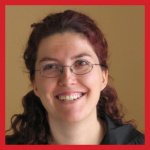
Sara Ayllón, Associate Professor at the Department of Economics at the Universitat de Girona, Spain
Sara obtained her PhD at the Applied Economics Department at the Autonomous University of Barcelona (UAB) in 2009. Her research focuses on the Economics of Poverty and Inequality, Economics of the Family, Labour Economics, Health Economics and Applied Microeconometrics.
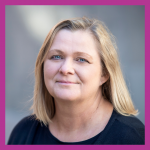
Halla Holmarsdottir, DigiGen project coordinator and professor at OsloMet, Norway
Halla Holmarsdottir is DigiGen’s project coordinator and professor at OsloMet in Norway. Her research experience includes ethnographic fieldwork with children and young people, scientific coordination and collaboration in cross-national and interdisciplinary research teams. In her work, she draws on interdisciplinary approaches and includes research on marginalization in education, social justice, gender, education and youth.
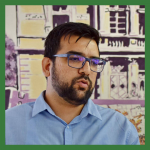
Mustafa Jakupov, Policy and Project Coordinator, ERGO Network
Mustafa comes from the field of youth work and has experience in addressing issues of participation, antigypsyism, working on empowerment and mobilization of young people, especially young Roma. He is currently managing the “Peer education to counter antigypsyist hate speech online” project supported by DG JUSTICE and GOOGLE.ORG. Mustafa is also part of the trainers pool of the youth department of the Council of Europe, and was and is part of many international civil society organizations and actors as for example, being part of the MTV Staying Alive Board for 2 years, working with ternYpe-International Roma youth network etc.
